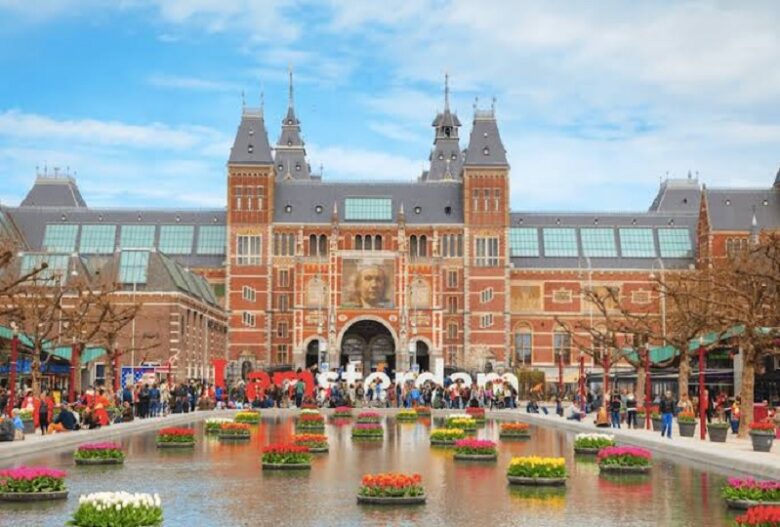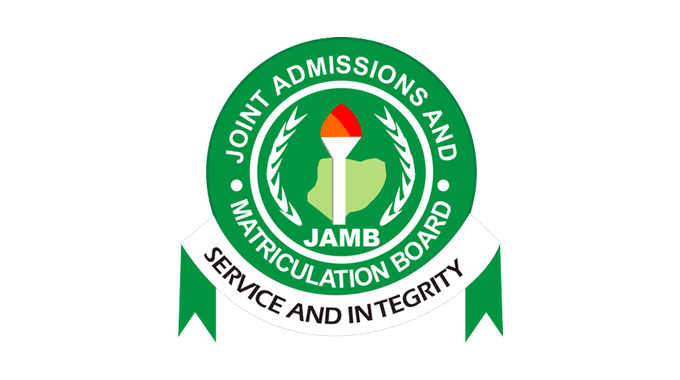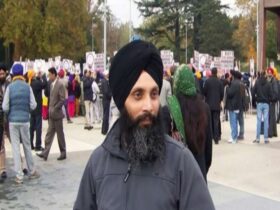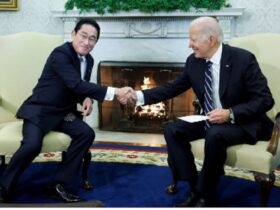The Netherlands Universities (UNL), a collaborative entity representing higher education institutions in the country, has opted to decrease the number of undergraduate programs exclusively conducted in English.
This move comes as a reaction to persistent calls to mitigate the inflow of international students.
Previously, the organisation had linked challenges such as shortages in student housing and a deterioration in education accessibility and standards to the increasing number of international students.
In accordance with a consensus reached earlier this year, the universities affiliated with UNL have agreed to discontinue the introduction of new English-taught undergraduate programs, halt recruitment efforts targeting international students, and abolish foundation years tailored for international students.
This decision was spurred by a directive from the Dutch Parliament to both the government and educational institutions, urging them to adopt “tangible measures” aimed at reducing the number of English-taught courses.
In discussions with Education Minister Robbert Dijkgraaf, UNL delineated interim strategies to strengthen Dutch-language instruction. These initiatives encompass:
In discussions with Education Minister Robbert Dijkgraaf, UNL outlined interim strategies to enhance Dutch-language education.
These strategies involve transitioning some programs entirely to Dutch, integrating Dutch-language tracks into existing English-taught programs, and implementing enrollment limits for English-taught tracks.
Under recent agreements by UNL members, four bachelor’s programs will shift to exclusively Dutch instruction.
Additionally, 35 programs currently taught in English will incorporate Dutch-language study options and enrollment limits for English-speaking students will be enforced for 27 programs.
Currently, such quotas are not permissible under existing regulations. However, the proposed Internationalisation in Balance bill, which UNL is urging the government to swiftly act upon, could authorise these measures.
Jouke de Vries, the acting president of UNL, emphasised that universities are taking significant steps to balance increased internationalisation in education with student admissions.
He stressed the crucial need for political support, particularly in providing legal frameworks soon to regulate student influx.
Jouke de Vries, UNL’s acting president, emphasised, “Universities are taking a serious step in terms of balancing out greater internationalisation in education with student intake numbers.
In order to do that effectively, we need the support of politicians – at the very least in the form of legal instruments made available in the very near future to be able to control the influx of students.”
UNL’s statement indicated plans to implement these measures as early as the 2025–2026 academic year, aiming to maintain the benefits of internationalisation without harming the Netherlands.
They emphasised, “Internationalisation is very important to the scientific community, our economy, and the future of our students.
“It contributes to a stimulating academic environment, responsiveness to international scientific developments, and training a sufficient number of talented professionals for the labor market.
“In addition, international students also hold significant value for the Dutch economy.
“At the same time, universities recognise that internationalisation has also created several problems that have necessitated the above measures.”
YOU MAY ALSO READ: Three Tanzanian Soldiers on SADC mission Killed by Rebels in DR Congo









Got a Question?
Find us on Socials or Contact us and we’ll get back to you as soon as possible.